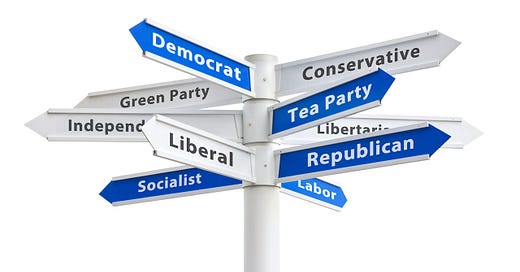Principles of the Liberal Right
Integrating Classical Liberalism and the American Right: A Blueprint for Reason, Freedom, and Individualism
The phrase “liberal right” may strike some people as a contradiction in terms. But it is not. It is an integration of terms that logically belong together.1 And it is an integration that advocates of reason and freedom would do well to understand and embrace.
Historically, the essential, life-serving characteristics of liberalism (i.e., classical liberali…
Keep reading with a 7-day free trial
Subscribe to The Objective Standard to keep reading this post and get 7 days of free access to the full post archives.





